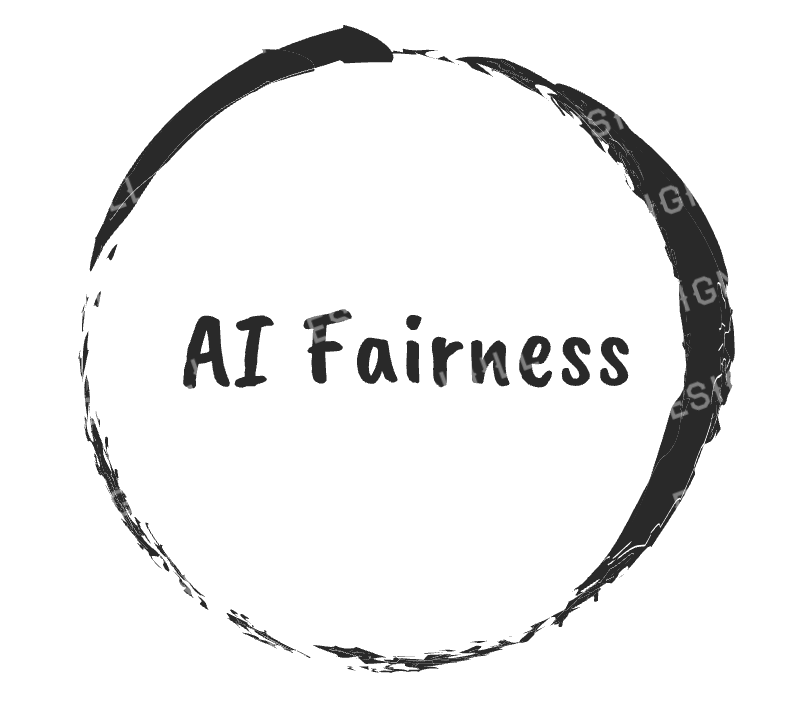AI fairness

Artificial Intelligence (AI) and Machine Learning (ML) hold great promise in beneficial, accurate, and effective predictive and real-time decision-making in a wide range of use cases. However, there are concerns regarding potential risks, harm, trust, and fairness issues arising from some AI algorithms’ opacity and potential unfairness because of their un-explainability and concern with objectivity.
AI now significantly influences how we make decisions in a variety of areas, including banking, healthcare, employment, and criminal justice. Although AI has the ability to transform industries and increase productivity, it also raises a crucial issue: fairness. The concept of “AI fairness” refers to the moral requirement that outcomes generated by AI systems be objective, egalitarian, and free from existing social, economic, or cultural biases.
The concepts and methods used to reduce biases and prejudice in AI systems are collectively referred to as AI fairness. Biases can appear from a number of sources, such as biased training data, algorithmic design, or the way the AI model is deployed. These biases have the potential to produce unjust results, exacerbate social inequalities, and legitimize discrimination against marginalized groups.
Importance of AI Fairness
Avoiding Discrimination: AI systems, if not designed and implemented with fairness in mind, can inadvertently perpetuate discrimination. Biases in AI can have serious consequences, such as biased hiring practices, discriminatory lending decisions, or inequitable criminal justice outcomes. By prioritizing AI fairness, we can work towards reducing these biases and ensuring equal opportunities for everyone..
Fostering Trust and Acceptance: Fairness is crucial for building public trust and acceptance of AI technologies. If people perceive AI systems as biased or discriminatory, they may lose confidence in the technology, leading to skepticism and resistance. By promoting AI fairness, we can enhance transparency, accountability, and trust in AI, fostering its responsible adoption and deployment.
Upholding Legal and Ethical Standards: AI fairness aligns with legal and ethical standards that prohibit discrimination based on protected attributes such as race, gender, age, or religion. By incorporating fairness into AI systems, organizations and developers can demonstrate their commitment to ethical practices and ensure compliance with anti-discrimination laws.
AI fairness plays a crucial role in mitigating biases, promoting equal opportunities, and ensuring a just and inclusive society. By adopting practices that prioritize fairness, organizations and developers can contribute to the responsible and ethical deployment of AI systems. Addressing biases at all stages of the AI lifecycle, from data collection to algorithmic design and evaluation, is vital for creating AI systems that align with legal and ethical standards. Ultimately, AI fairness empowers us to harness the benefits of AI while minimizing the potential harms and ensuring a more equitable future.
selected publications
- Fairness Challenges in Artificial IntelligenceEncyclopedia of Data Science and Machine Learning 2023
- Towards a Performance-explainability-fairness Framework for Benchmarking ML ModelsThe Americas Conference on Information Systems 2022